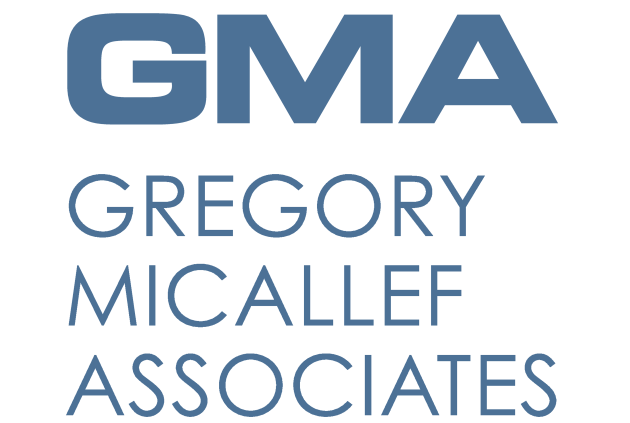Facebook’s CEO, Mark Zuckerberg faced a grilling from the US Congress last week over his company’s ‘Libra’ cryptocurrency plans.
Libra
‘Libra’ is Facebook’s new cryptocurrency and global payment system that’s due to be launched in 2020. Unlike other cryptocurrencies, Libra is backed by a reserve of cash and other liquid assets. The idea of Libra is that spending the new currency could be as easy and fast as texting as payments can be made by a special phone app and by messaging services such as WhatsApp. Also, Libra is intended to be of particular value to the one billion+ people around the world (including 14 million in the US) with no access to a bank account, but who could use a mobile phone-based payment system.
Management of the currency, units of which can be purchased via Libra’s platforms and stored it in a digital wallet called “Calibra” will be the responsibility of an independent group of 21 companies and non-profit organisations called the Libra Association, of which Facebook’s subsidiary ‘Calibra’ is a member.
Problems and Criticism
Facebook has, however, found itself coming in for some tough criticism over its involvement with Libra. This includes:
- Worries about whether Facebook can be trusted with peoples’ financial details in the light of its part in the personal data-sharing scandal with Cambridge Analytica.
- Concerns from ‘Group of Seven’ democracies finance chiefs about whether Libra could address “serious regulatory and systemic concerns”.
- President Trump Tweeting that he’s not a fan of Libra, and bank chiefs like Mark Carney also expressing concerns about Libra.
- Worries that Libra could be used as a means to bypass rules relating to money laundering and tax evasion (which is believed to have led to PayPal leaving the Libra Association recently).
- Warnings that Libra could be blocked in Europe (especially in France) unless concerns over risks to consumers and to the monetary systems of countries can be addressed.
Congress Grilling
The grilling of Mark Zuckerberg at the US Congress last week at the top of the House Financial Service Committee’s hearing focused on many of the key concerns. For example:
- Republican Nydia Velázquez asked Mark Zuckerberg why Facebook should be trusted after the recent privacy scandals and data breaches/data sharing relating to the Cambridge Analytica affair.
- Republican Joyce Beatty criticised Mark Zuckerberg over an apparent lack of knowledge of diversity and housing advertisement issues and alleged that Zuckerberg hadn’t read her reports.
- Republican Patrick McHenry criticised the technology industry and highlighted the current anger towards it.
Prepared Statement Covered Many Concerns
Mark Zuckerberg’s prepared statement for the hearing appears have anticipated and answered the main concerns. For example, as well as stressing how Facebook is committed to strong consumer protections for the financial information they receive, Mark Zuckerberg addressed three main concerns, saying that:
- Where people are concerned that Facebook is moving too fast on the Libra project, Facebook is committed to taking the time to get this right.
- Where it has been suggested that Facebook could circumvent regulators and regulations with Libra, Facebook won’t actually be a part of launching the Libra payments system anywhere in the world unless all US regulators approve it.
- Libra is not an attempt to create a sovereign currency but, like existing online payment systems, it’s simply intended to be a way for people to transfer money.
So What?
Despite the grilling, many commentators have pointed out that the House Financial Service Committee and Congress don’t actually have the power to do much about the introduction of Libra. Some commentators have also suggested that the hearing was as much about political grandstanding as it was about Libra and that politicians are finding it hard to stay up to speed with information about cryptocurrencies.
No Regulatory Approval = Facebook Leaves the Association
Mr Zuckerberg stressed just how much he intends to play by the rules with Libra by saying that if the Libra Association moved forward without regulatory approval, Facebook “would be forced to leave the Association.”
What Does This Mean For Your Business?
Banks and governments are unlikely to adopt a favourable attitude to a new type of currency that could potentially unbalance monetary systems, and could potentially get around regulations, scrutiny and control, and could even be used for money laundering and tax evasion. That said, the blockchain-anchored Libra is unlikely to suffer many of the huge fluctuations and problems that other cryptocurrencies like bitcoin have because Libra is backed by real assets. Also, many of the big financial players are part of the Libra Association e.g. Mastercard and Visa, although it’s clear that Facebook needs to make sure that Libra can meet all regulatory requirements and is squeaky clean if the Association wants to keep these important members.
If, as Mr Zuckerberg says, Libra is simply and innocently another way of paying for things that could lead to a more inclusive society e.g. by helping those without bank accounts, this could benefit not just society but whole economies too. It looks as though Facebook still has some way to go, however, to convince governments, finance chiefs and other critics that it is the right company to be trusted with a new currency and the financial data of those who use it.


